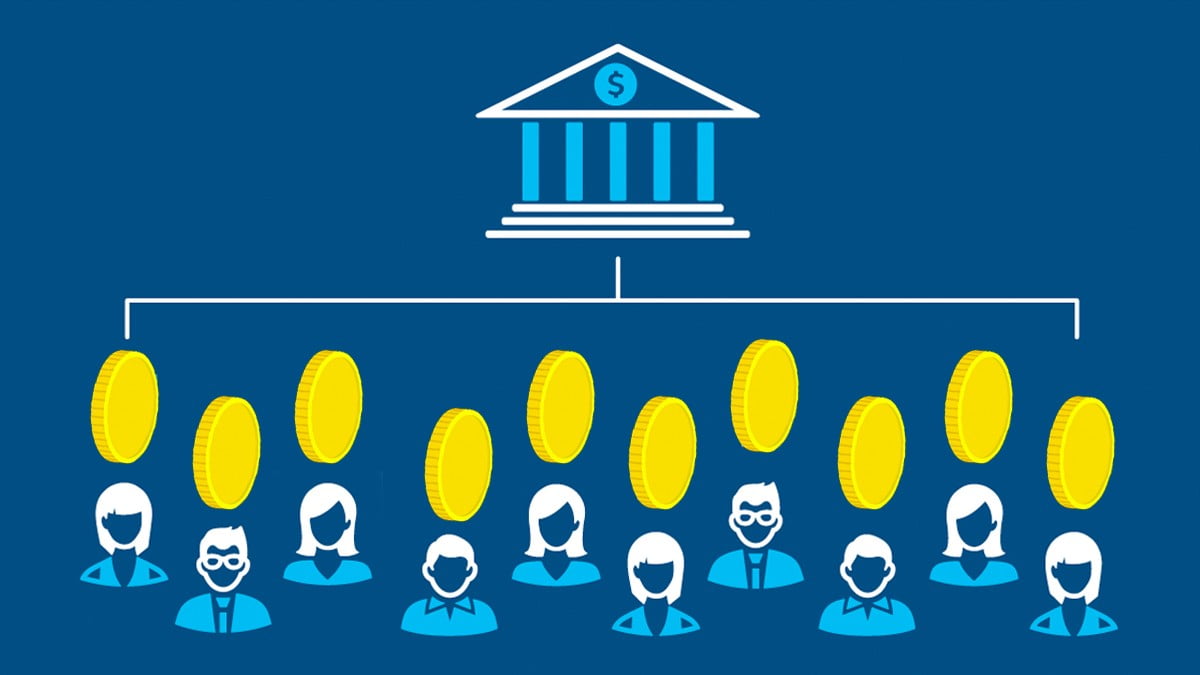The adaption of e-wallets and mobile banking is spreading widely spread as it is being charged by the pandemic. But the e-cash or mobile money was long being accepted in emerging markets as it was a very flexible way to pay and get paid as well. This is a great chance to bring the often forgotten market, the unbanked, back into action in this journey with the help of the fast moving innovation in digital payments section. When it comes to digital payments innovation, the entire light has been shone on the 80 per cent of the banked. The providers seeks different ways to ease out the transaction methods and offer new products and incentives to the ones that are already have access to the banking services.
But at the same time, the financial opportunities with the unbanked should not be left out nor underestimated. With the 1.7 billion adults totally unbanked globally, meaning, the people that are neither using banks or the banking services in any capacity makes the scale of the chances for the payments industry is generous. To back this up, the reports from the World Bank suggests that the access to financial services have been helping in not only supporting in global economies, but it is also helping in lifting people out of poverty. From a societal view point, it is very important to bring these communities to the front.
Even if this segment may be unbanked, it does not mean that they are off the grid. As two thirds of these unbanked population own a mobile phone, it gives the mobile banking a perfect opportunity to serve as a banking solution for these groups. In Africa, M-Pesa, the market leader in mobile money, currently does over a billion transactions a month by providing vital access to banking services and supporting the local economies. Therefore, mobile phones acts as a key to innovation for the financial providers to expand in these emerging markets. As it was developed as a response to people’s desire to keep their cash safe and transfer it to others across distances. The best thing about this mobile banking, neither a bank account nor an ATM is required to make this possible. As an alternative, instead of using a SIM card money can be sorted, sent and received via a mobile phone. This means that managers, often local shopkeepers, can facilitate transactions by providing and receiving funds.
The easy adaptability and the facilities provided by the system has allowed it to reach quite far and wide both in the cities and, more importantly, even in the rural endpoints, which may be many miles from the brick-and-mortar bank. Mobile money has altered the payments gateway for many of the unbanked by providing a safe way to transfer funds between family and friends as well as pay for goods and services they take or give. In doing so, it has simplified and made it a general concept with the financial services, shifting power away from the old-style banking system and into the hands of the people who use mobile money every day. More than ever we can now see the payments sector improve in turn helping the financial sector grow, which brings the country’s economy to stability and this is the power of the unbanked and utilizing this right will take the economy further more steps ahead.






















